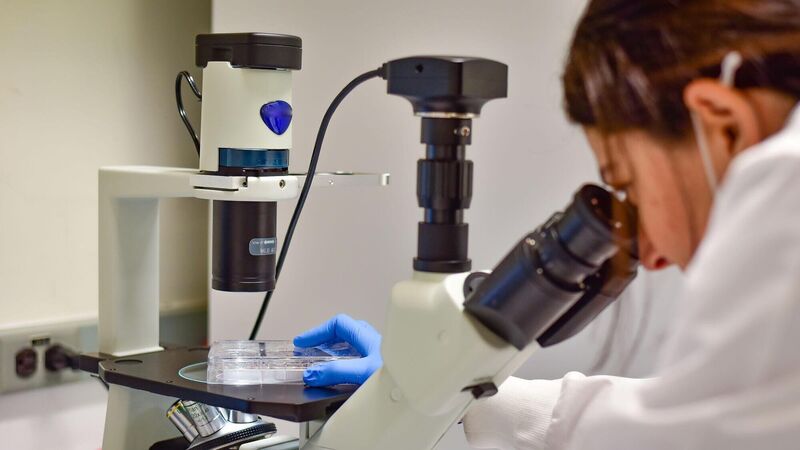Investing in research into vision impairment: The cure is waiting

Stem cell therapy is a promising avenue for tackling visual impairment. Picture: File
Vision impairment is not binary. The vast majority of people will have some sight, but it may be limited to central or peripheral vision, or indeed a distortion in key areas.













